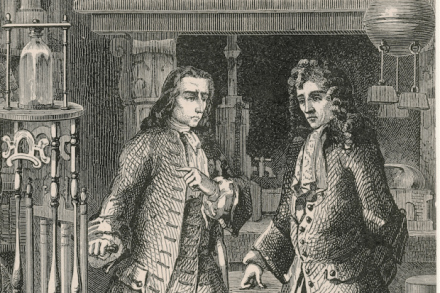Inside the animal mind
Whatever the government decides about post-EU regulations on animal sentience, the Greek biographer and essayist Plutarch (died c. ad 120) was fascinated by the comparisons between man and beast and, almost uniquely, argued for the ethical treatment of animals. Some earlier thinkers contended there was a ‘kinship’ between men and animals because animals had flesh, passions and (being alive) souls. Therefore man should neither eat nor sacrifice them. But then Aristotle (d. 322 bc), who invented the discipline of biology, stepped in. He agreed that animals had desires which caused them to behave in certain ways that looked human, but denied that this was evidence of the ability to reason.







